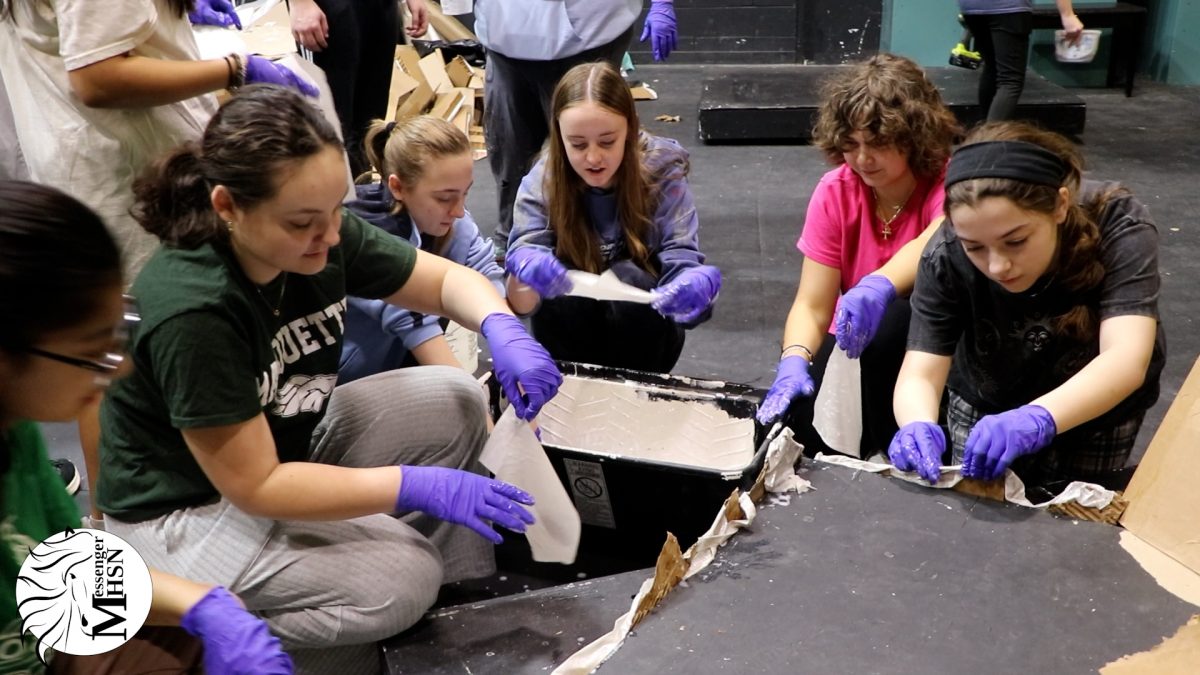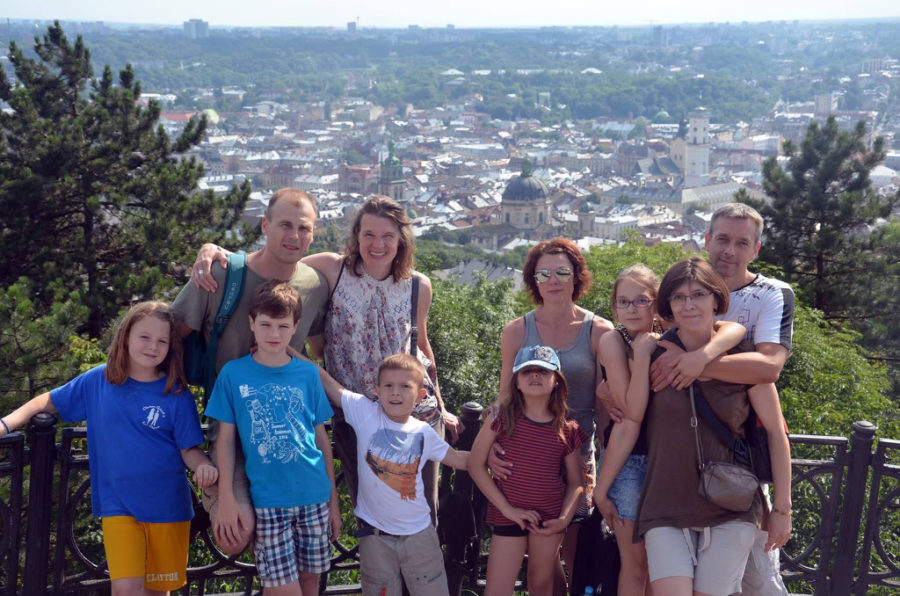Alevtina Guseva wakes up and reaches for her phone, heart pounding. She scrolls through Facebook posts and messages from her friends and family in Ukraine, looking for anything that might confirm that they are alive. As of March 14, at least 636 civilians have been killed and 1,000 have been wounded, most of which have been caused by the use of explosive weapons.
Guseva was born in Kharkiv at the time when Ukraine was still part of the Soviet Union. She left the country for the United States in 1993 on a one-year exchange program in California and applied to a Ph.D. program the same year. Now a professor of sociology at the University of Boston, Guseva has been experiencing the effects of the war since Russia first invaded Ukraine. “I haven’t been able to maintain much of a normal schedule in my own life for the past two weeks or so,” said Guseva, whose elderly father is still stuck in Kharkiv, Ukraine’s second-largest city and one of the most devastated by the conflict. Although many of her other family members have already fled, Guseva’s father refuses to leave.
For many elderly people still in Ukraine, leaving is much more of a challenge. Without any close friends or family that live in safe areas, leaving their homes and traveling somewhere safer is a risk. “It’s not easy to kind of uproot yourself at this age, younger people can do that,” Guseva explained. Many of her friends’ parents are in the same boat. Not only is traveling difficult but, for many, it is still unclear what to do and how to organize life around the violence and destruction that is being inflicted upon Ukraine.
For Guseva, each day brings more news of death and destruction. “I just found out today that a classmate of mine, his building was hit,” said Guseva. “Half of the building was hit and their neighbors across the street were all killed. My friends are no longer able to stay in their home, so they’ve picked up and left.”
For many Ukrainians, the implications of Russia’s threats did not sink in until the initial attack. Most people made no preparations for any possible violence and continued on with their lives. One of Guseva’s friends went on vacation to Turkey just days before Russia invaded. She is now stuck there, with no way of getting back to her family. Many Ukrainians did not believe that this would be possible. “This is something that is really out of science fiction.” Said Guseva, “It’s unbelievable. There is still a lot of disbelief.”
This is something that is really out of science fiction. It’s unbelievable.
— Alevtina Guseva
The violence and bombing are now affecting thousands of people in Ukraine, but for some people, the damage just doesn’t seem real. Many people living in Russia do not believe that Ukraine is being bombed, even when their own families are the targets. “Younger people who are living in Ukraine whose parents live in Russia are calling and telling them that the Russian army is bombing the cities, but they just don’t believe them. Their loved ones are not believing what they are saying and instead believing propaganda.” Said Guseva.
These viewpoints are not uncommon. For Guseva’s husband, who was born in Russia, even some of his family members have chosen to ignore the facts of the war. “His father, unfortunately, has fallen prey to Russian propaganda. And my husband is shocked by this, really shocked. Several of his childhood friends have gone down the same route.” Said Guseva.
This issue is not just isolated to Russia. For CHS student Anton Kyrychenko, Russian propaganda has even affected his family in Ukraine. “My grandmother is a closeted Russian supporter essentially, said.” Kyrychenko. As someone who grew up during the height of the Soviet Union, Kyrychenko’s grandmother remembers a time of stability before Ukraine gained its independence. “She remembers a better time and she thinks that if Putin can restore that, well then she’s on board,” said Kyrychenko.

Not only is a desire for stability a factor, but also a lack of understanding. “[His grandmother] is also very confused and doesn’t understand why there is fighting,” said Kyrychenko. “She’s definitely buying into Russian propaganda. It’s easier to believe a lie for some people because it’s better than being invaded by our neighbors who we trusted for a long time.”
Although believing a lie may be easier, Kyrychenko and his father, who was born in Ukraine, have been spending most days tuned into news stations. “Whenever he’s not doing something that requires his full attention my dad will have his laptop open and have the Ukrainian news playing,” said Kyrychenko. Most of Kyrychenko’s family remains in Ukraine, next to the Russian border. Although many of his family friends have been able to escape, his aunts, uncles, and cousins remain trapped.
For Kyrychenko, having an easy line of communication with his family has been a relief as well as a cause for anxiety; “It makes it scary, but I wouldn’t have it any other way. Because it’s nice to know every now and then how everyone is doing.”
Social media has also helped Kyrychenko stay connected to his family, as well as follow the violence as it develops. “Now that you can just go out and take a video of a destroyed tank or a bunch of bodies and really tell the world ‘this sucks,’ I think it is actually good,” said Kyrychenko. “You’re de-glorifying the war way faster compared to the first world war.” This surge of footage from Ukrainians has helped show the world the true nature of the violence that they are experiencing and is combating false news about the conflict.
As we enter into the fifth week of the Ukrainian war, many people are continuing to speculate when these attacks will end. “Obviously I want the fighting to end, but many people are saying that Ukraine should just concede to everything that Russia demands,” said Guseva. “You can imagine what that means when a bully demands something from you and you concede. They will probably continue to take.”
For Ukraine, conceding is not an option and Ukrainian president Volodymyr Zelensky continues to fight against the Russian invasion. His leadership has struck a chord with people all over the world; “He’s become a nationalist symbol who embodies what a bunch of Ukrainians are currently feeling,” said Kyrychenko.
As of March 20th, 816 civilian deaths and 1,666 civilian casualties have been recorded by U.N. Human Rights Office. Until the violence in Ukraine ends, hundreds of Ukrainian families in St. Louis will continue to be affected. There have already been protests and rallies in St. Louis city and county to show support for the scarred country. But for many people, the most that they can do is sit by the phone or turn on the news, waiting to learn the fate of their families and friends.
This story was originally published on The Globe on March 29, 2022.

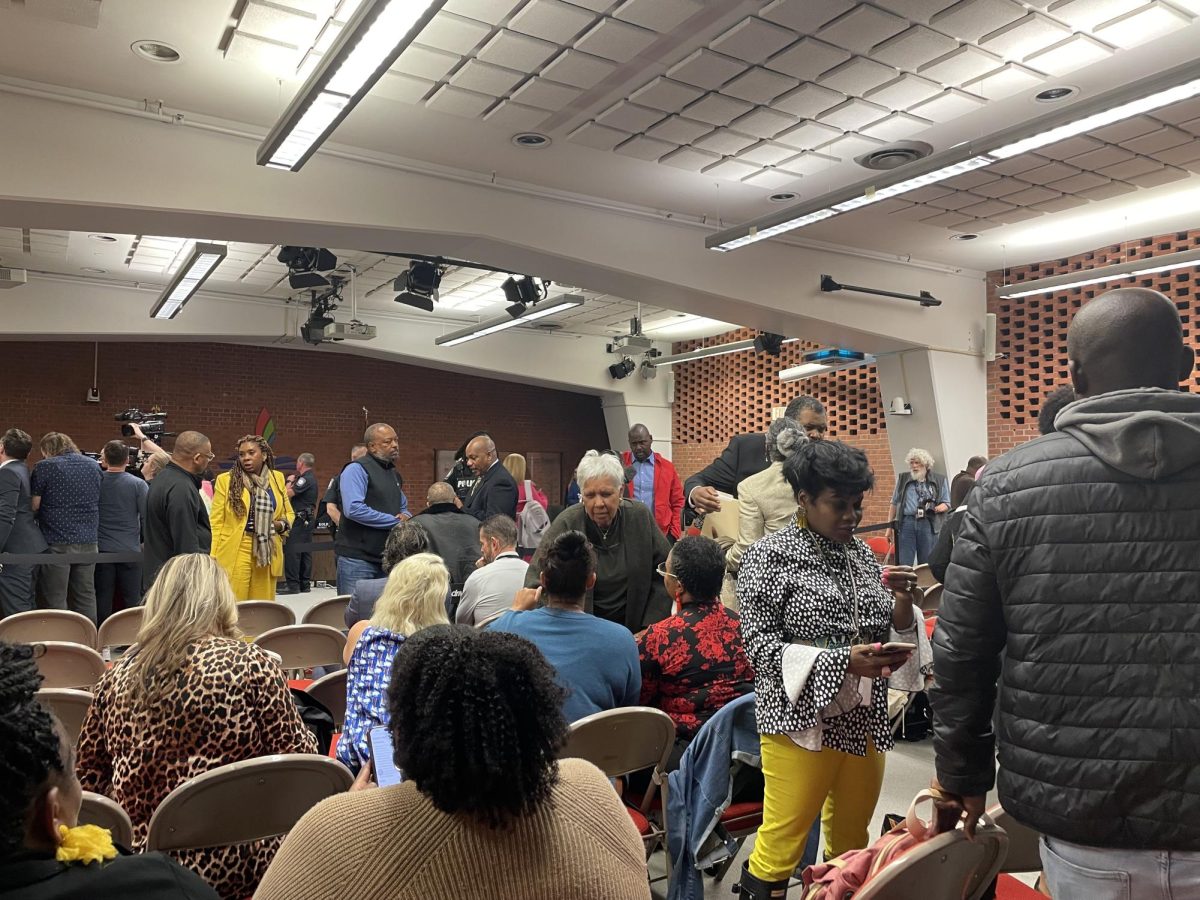

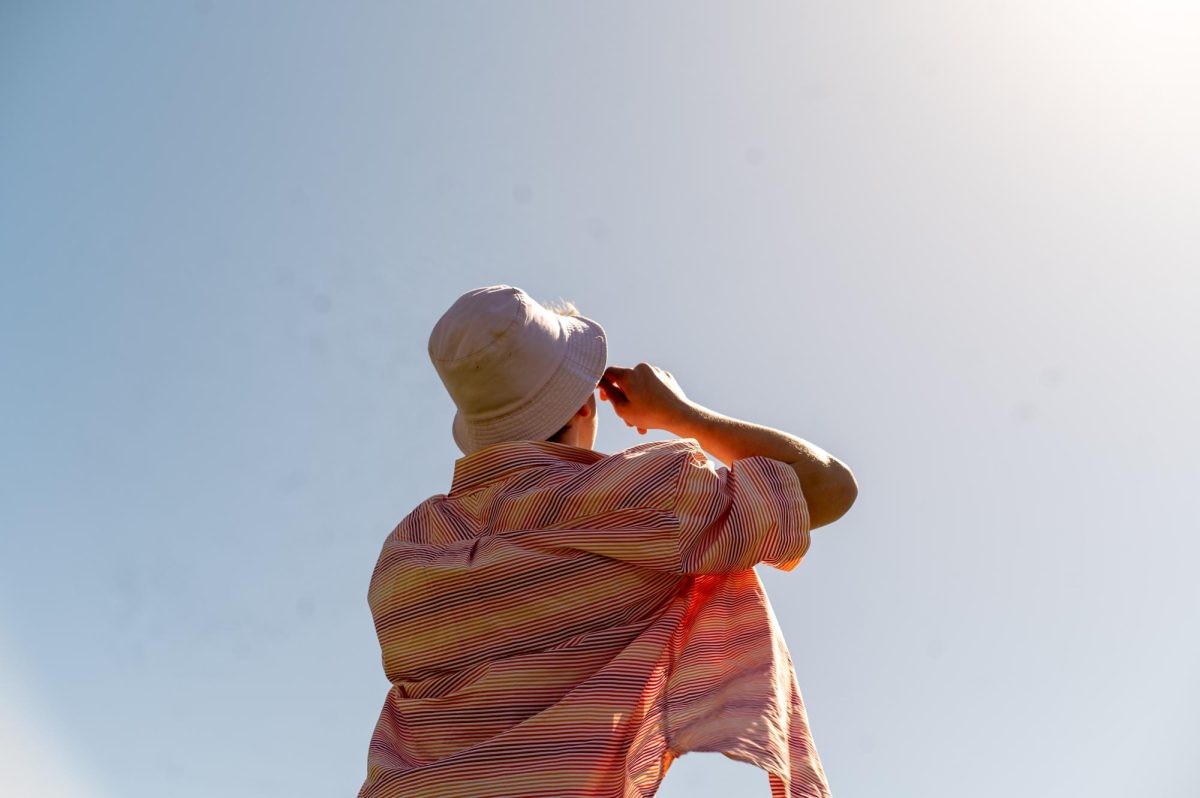

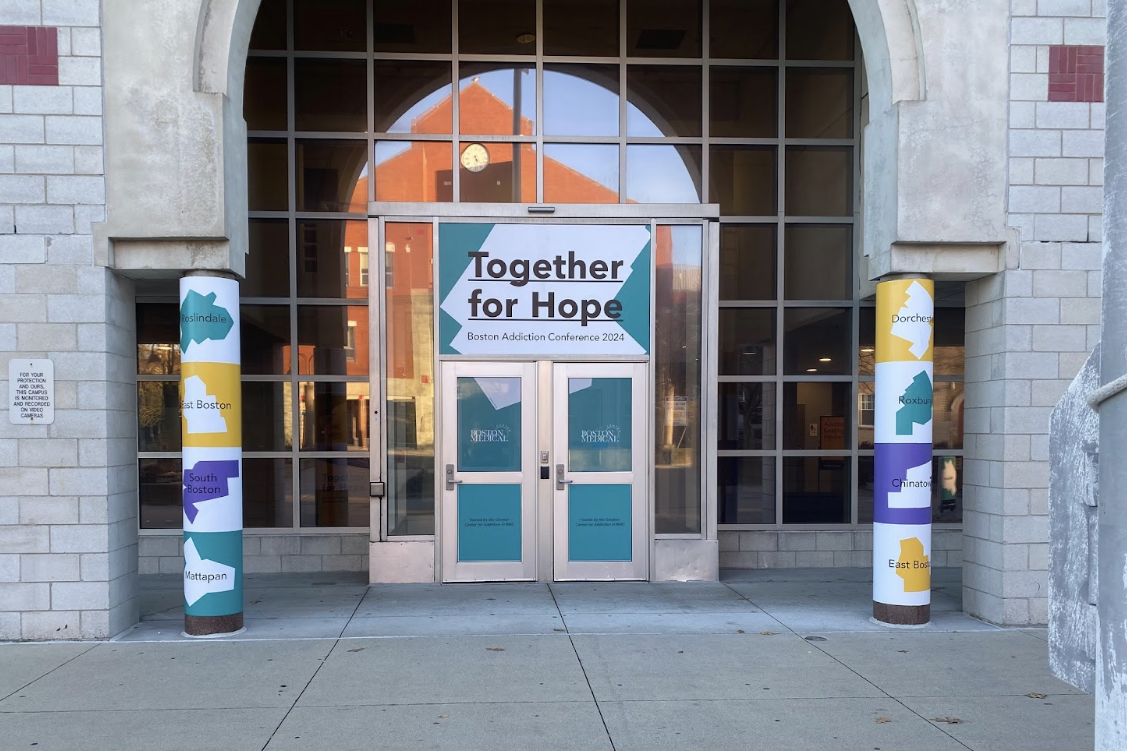
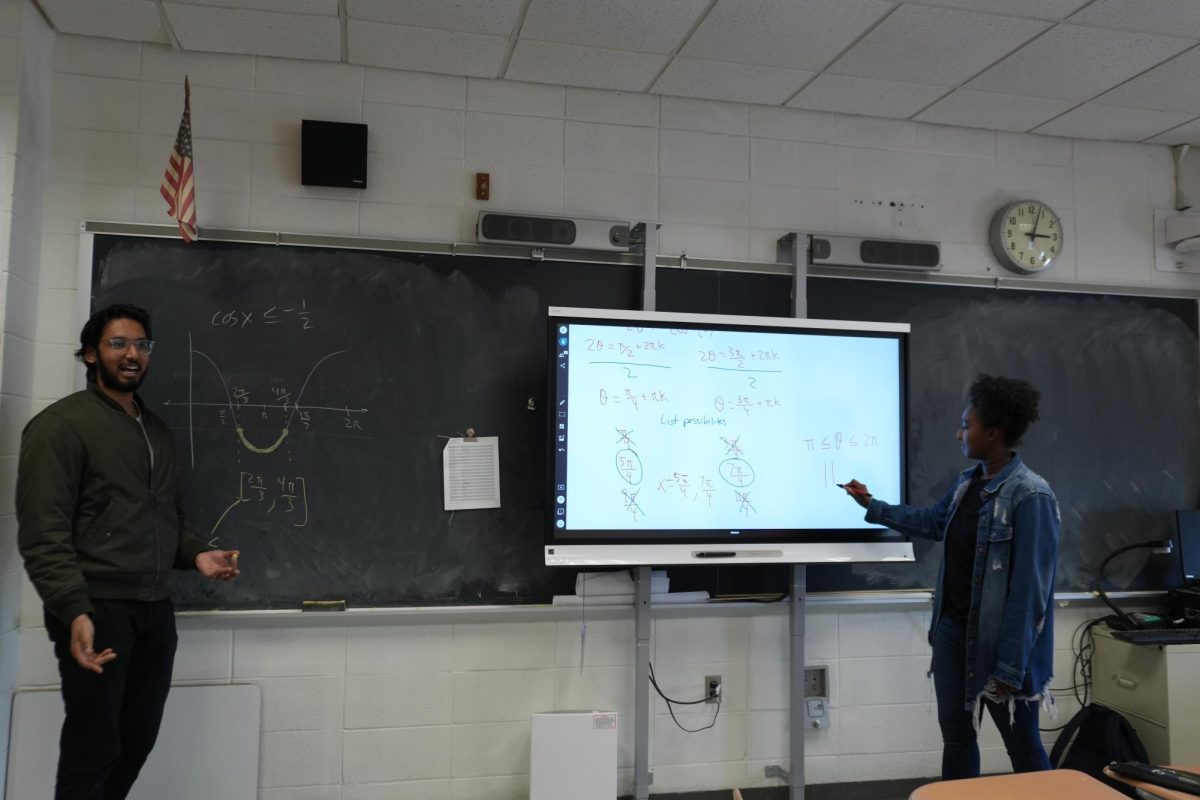

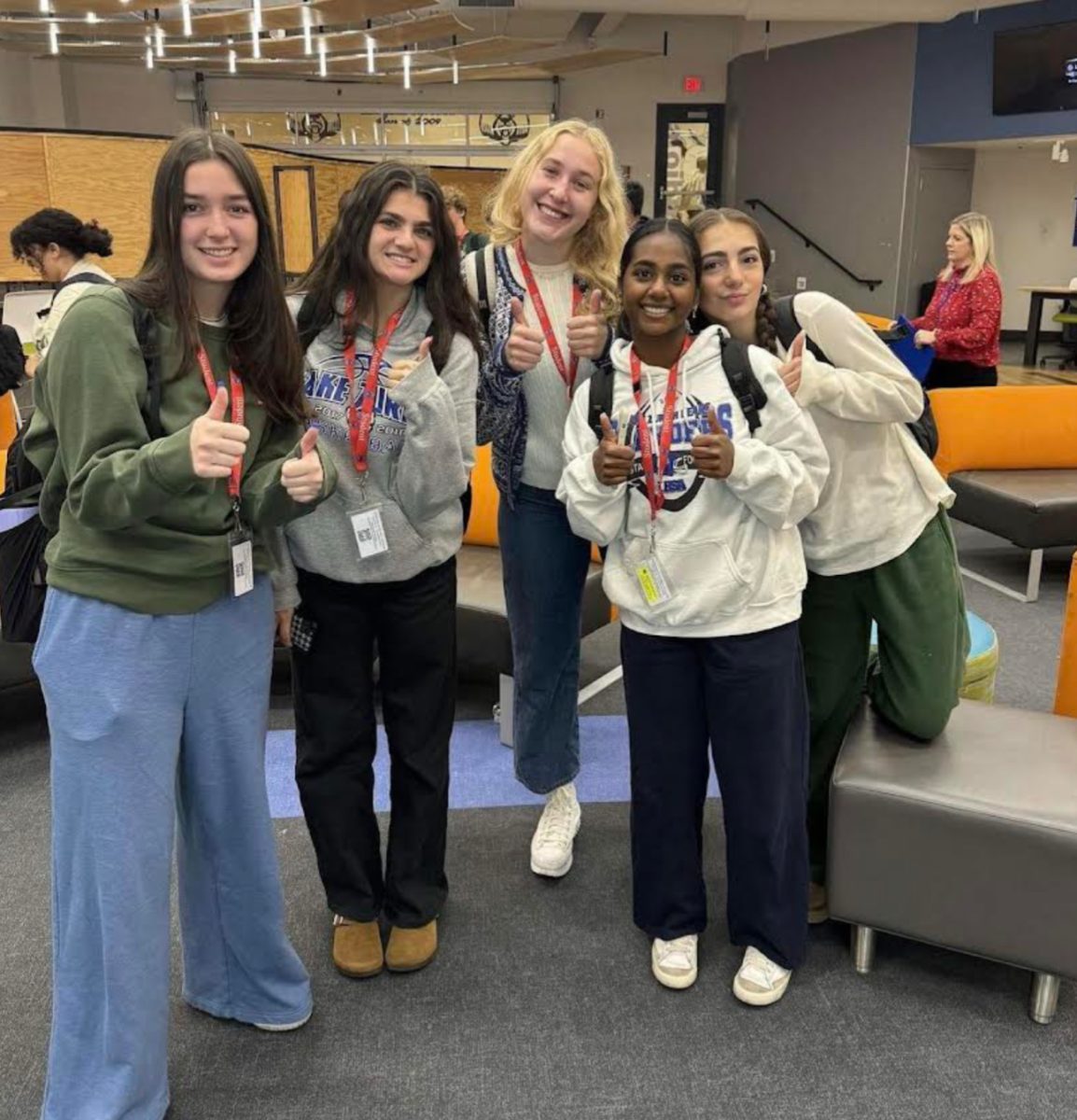
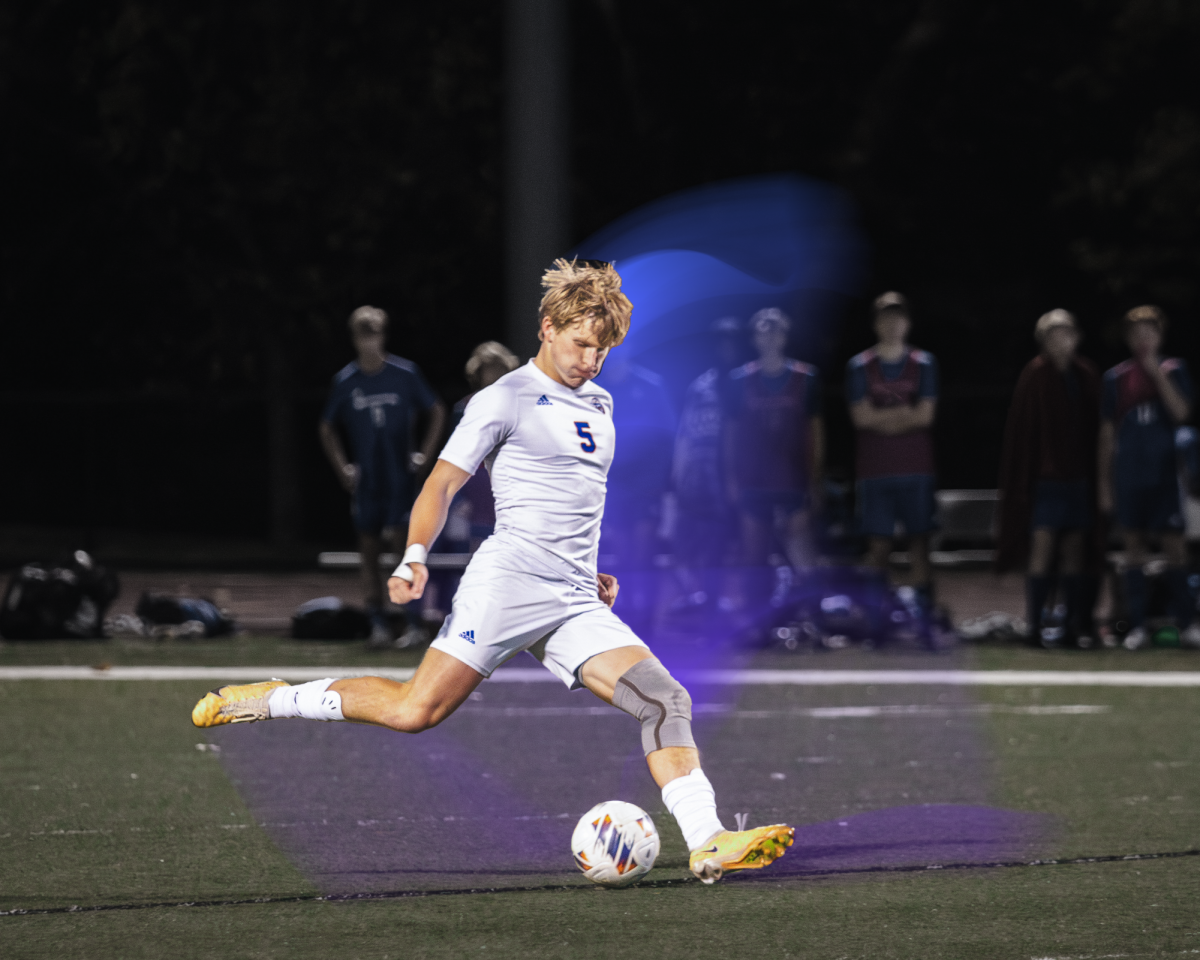
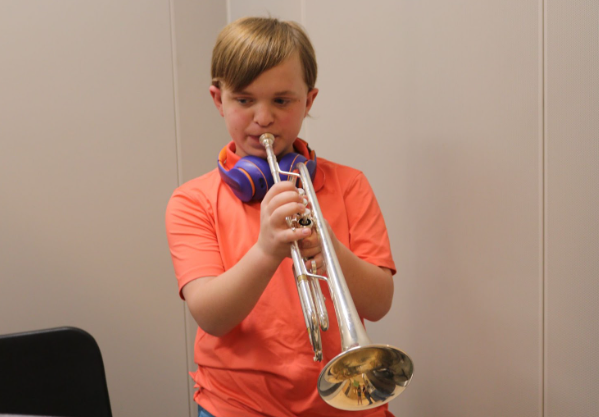



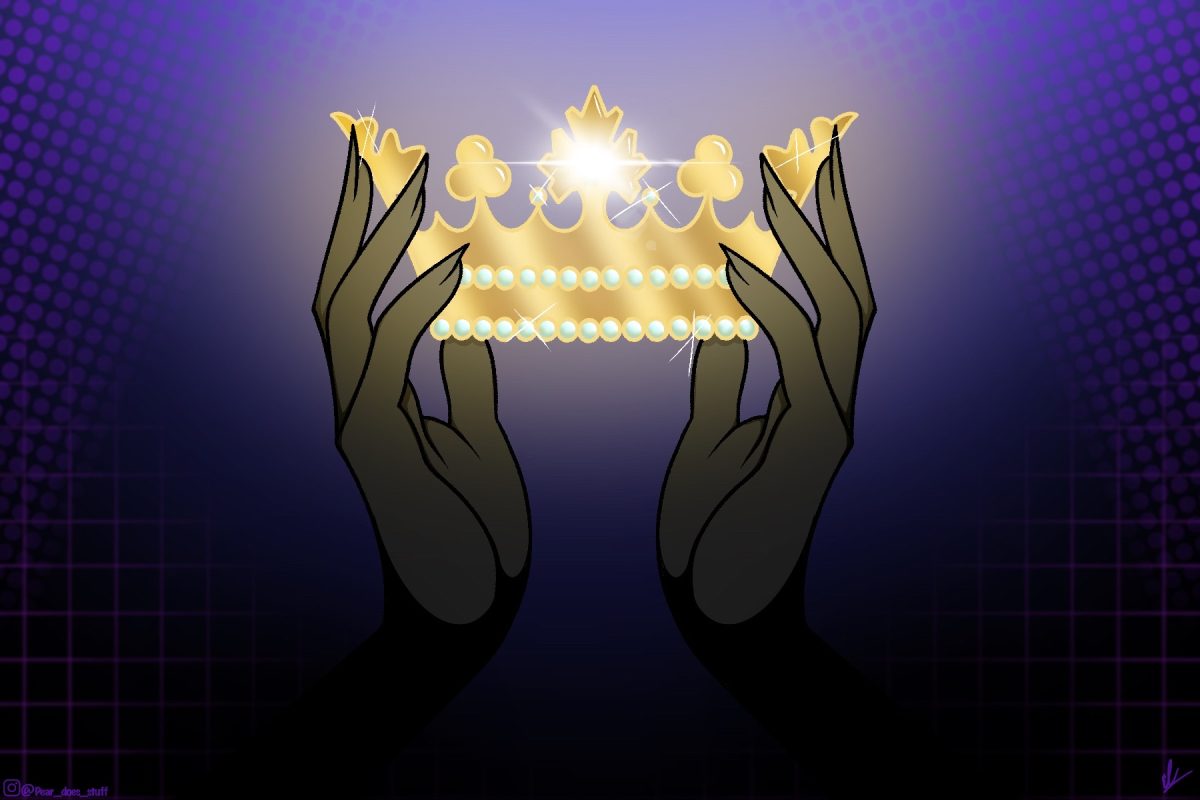











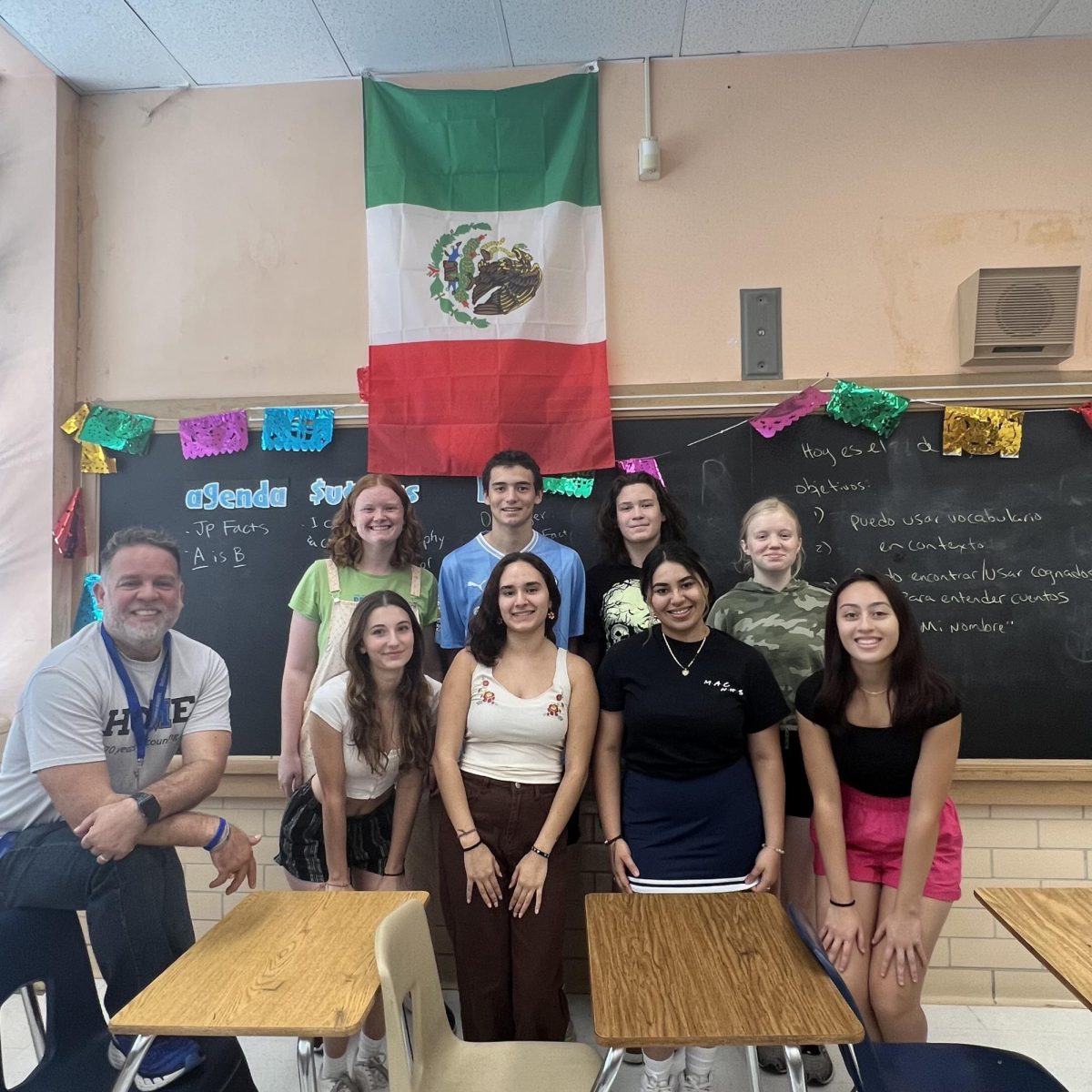

![IN THE SPOTLIGHT: Junior Zalie Mann performs “I Love to Cry at Weddings,” an ensemble piece from the fall musical Sweet Charity, to prospective students during the Fine Arts Showcase on Wednesday, Nov. 8. The showcase is a compilation of performances and demonstrations from each fine arts strand offered at McCallum. This show is put on so that prospective students can see if they are interested in joining an academy or major.
Sweet Charity originally ran the weekends of Sept. 28 and Oct. 8, but made a comeback for the Fine Arts Showcase.
“[Being at the front in the spotlight] is my favorite part of the whole dance, so I was super happy to be on stage performing and smiling at the audience,” Mann said.
Mann performed in both the musical theatre performance and dance excerpt “Ethereal,” a contemporary piece choreographed by the new dance director Terrance Carson, in the showcase. With also being a dance ambassador, Mann got to talk about what MAC dance is, her experience and answer any questions the aspiring arts majors and their parents may have.
Caption by Maya Tackett.](https://bestofsno.com/wp-content/uploads/2024/02/53321803427_47cd17fe70_o-1-1200x800.jpg)
![SPREADING THE JOY: Sophomore Chim Becker poses with sophomores Cozbi Sims and Lou Davidson while manning a table at the Hispanic Heritage treat day during lunch of Sept 28. Becker is a part of the students of color alliance, who put together the activity to raise money for their club.
“It [the stand] was really fun because McCallum has a lot of latino kids,” Becker said. “And I think it was nice that I could share the stuff that I usually just have at home with people who have never tried it before.”
Becker recognizes the importance of celebrating Hispanic heritage at Mac.
“I think its important to celebrate,” Becker said. “Because our culture is awesome and super cool, and everybody should be able to learn about other cultures of the world.”
Caption by JoJo Barnard.](https://bestofsno.com/wp-content/uploads/2024/01/53221601352_4127a81c41_o-1200x675.jpg)



